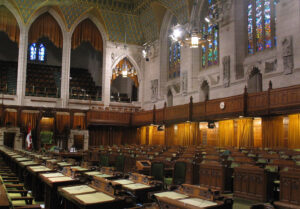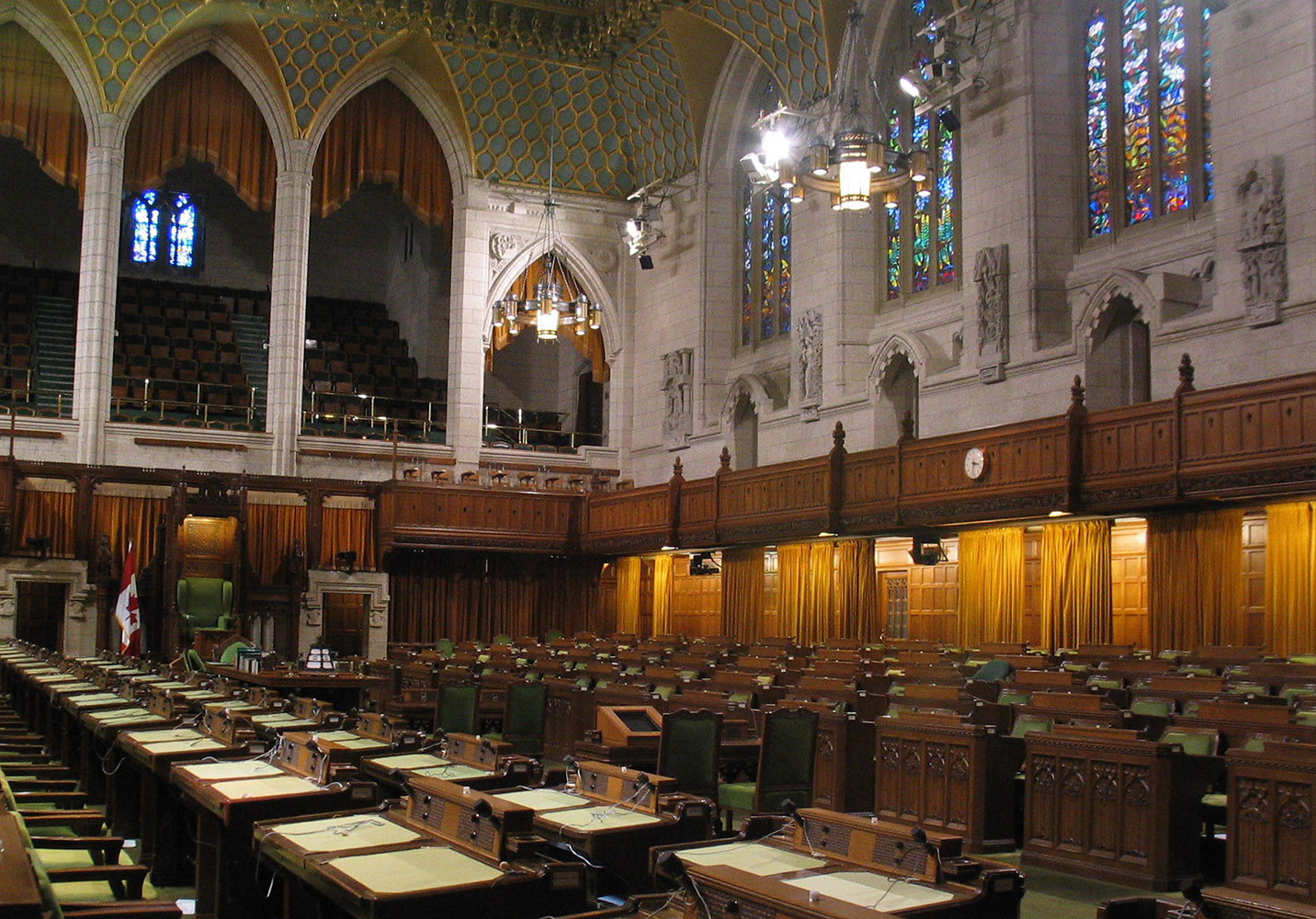The roadmap for the Government between times restricted and full agenda

TORONTO – Tight deadlines, a busy agenda and tension between the parties: these are the three boxes of a government puzzle that as the days go by takes on the appearance of a real puzzle. Justin Trudeau, after the Summit of the Three Amigos with US President Joe Biden and his Mexican counterpart Andrés Manuel López Obrador on Thursday, is preparing to turn the page and face the House of Commons for the first time since the vote on September 20th. The first two tasks, starting from November 22, are represented by the election of the Speaker of the House and the Speech of the Throne.
As for the first, the confirmation of the Italian Canadian Anthony Rota, whose super partes and non-partisan approach in the past legislature was appreciated by all the opposition parties, seems obvious. The second, on the other hand, still has some grey areas, with the prime minister needing the support of another party in order to start governing fully. Given for sure the “niet” of the Conservative Party, it will be the NDP or the Bloc Quebecois – as happened in 2019 – to guarantee the necessary votes in the first real vote of confidence of this legislature.
So, after these two institutional stages, the work of the new parliament and the new government will come to life. But at this point another problem may arise, linked more than anything else to the timing. The times, in fact, are very tight. The Prime Minister, in fact, will only be able to count on four weeks of parliamentary sittings before the work of the House is interrupted by the winter break, which will start on December 17 and will continue until February 3.
And in this month of sessions the executive will have to present the most urgent measures of its government agenda, on the basis of the programmatic platform promoted during the last federal elections. The same liberal leader in the House Mark Holland confirmed to the Canadian Press that Trudeau intends to speed up the time and bring to parliament a long list of measures that must be approved as soon as possible.
“We have to promote a very aggressive agenda in the coming weeks – he said – and we are focused on achieving it”.
Holland added that in addition to a block of eight measures that the government has pledged to approve by February 3, there are other measures that need to be addressed without wasting time.
They range from the implementation of federal government aid to families, workers and businesses affected by the Covid-19 pandemic to changes to the penal code, in particular the approval of harsher penalties for those who demonstrate and block the entrances of hospitals, vaccination centers and abortion clinics.
“At this moment – added the leader of the Liberal group in the Chamber – we want what happened in the past not to happen again, with our workers on the front line of the health sector and who are fighting a hard battle against Covid-19 who are threatened and who are prevented from carrying out their work safely.
The executive, starting from these two measures, expects to be able to have bipartisan support in the House of Commons to be able to approve the measures as soon as possible.



